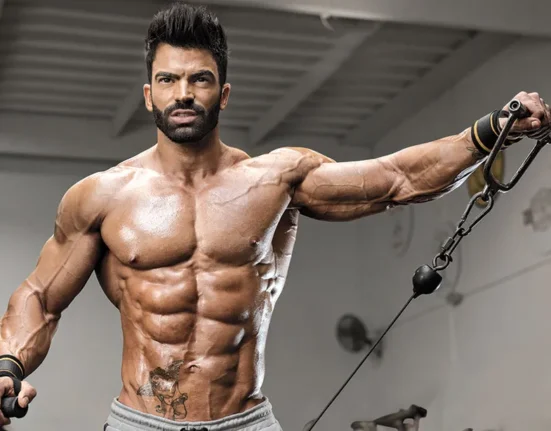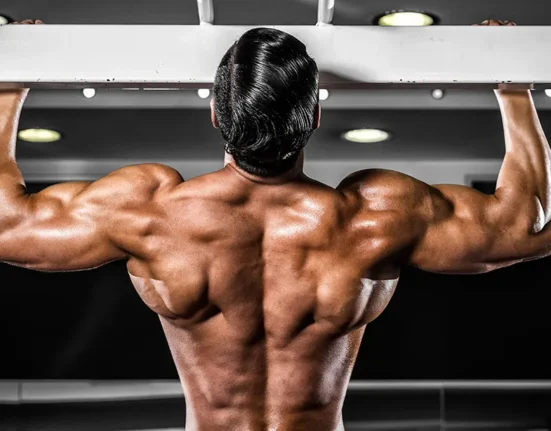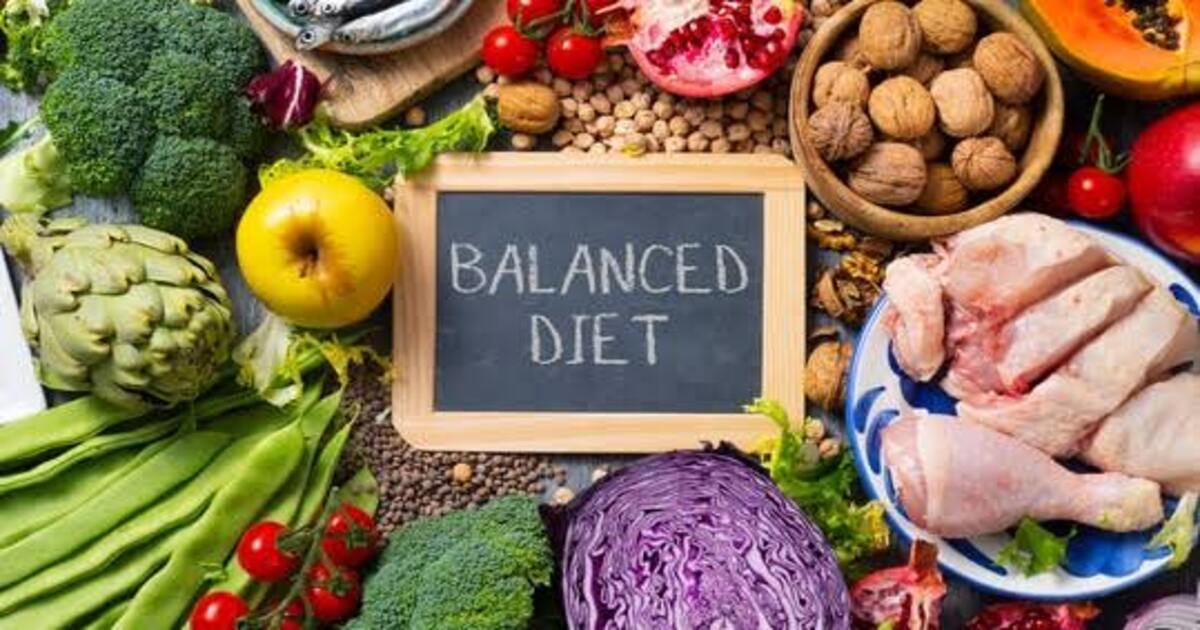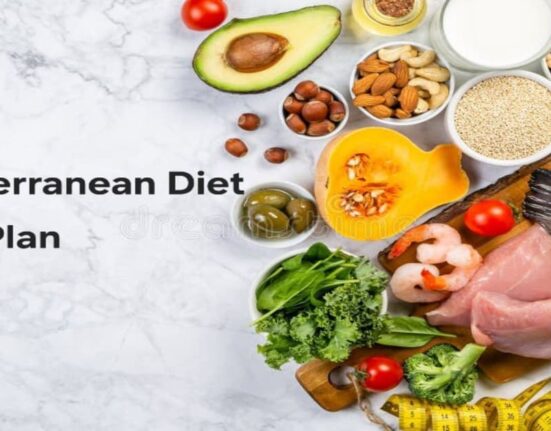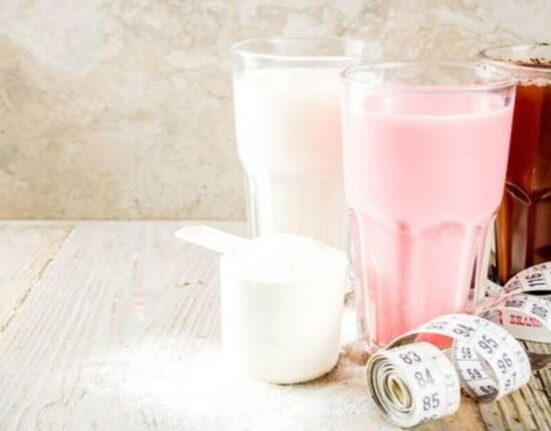Have you ever noticed how the term balanced diet has become one of the most talked-about phrases in the nutrition world? Everyone mentions it, but very few actually understand what it truly means. A balanced diet isn’t some magical formula or a calorie chart copied from the internet it’s a way of thinking, a lifestyle.
At first, I used to think “balanced diet” just meant eating healthy, that’s it. But with time, I realized it’s much more it’s about awareness, understanding your body, and even having mental flexibility. Let me share with you everything I’ve learned, step by step.
Know Yourself Before You Plan Your Meals
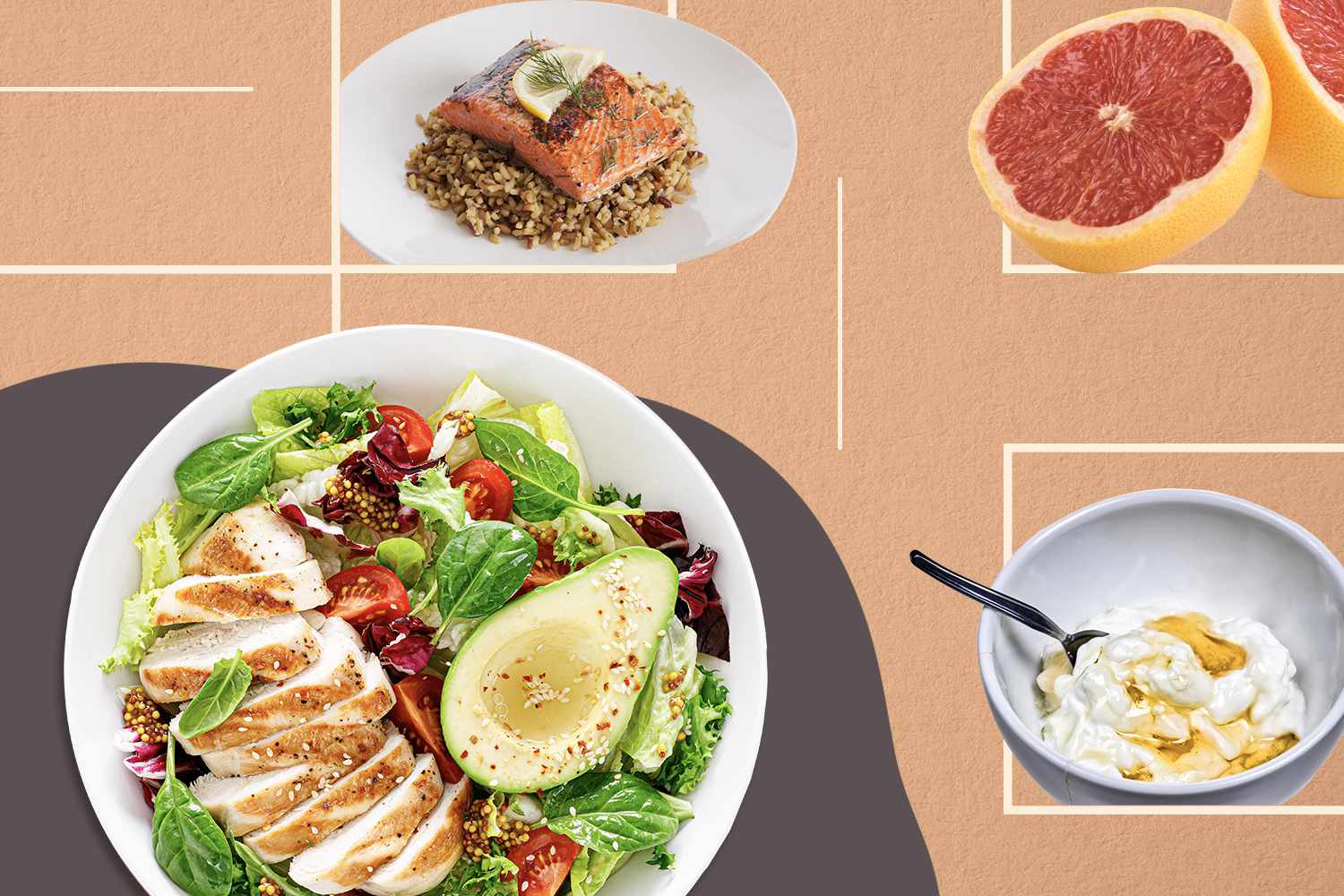
- Before starting any balanced diet, ask yourself a simple question: “Who am I?”
- Not in a deep philosophical way but more like, “What does my body really need?”
- We’re all different. What works for your friend might not work for you at all.
For example, I once tried a low-carb diet because everyone was doing it. After two weeks, I felt drained and anxious all the time. When I reintroduced smart carbs like oats and sweet potatoes, my body finally balanced again.
Ask yourself:
- Do you move a lot or sit most of the day?
- Are you under constant stress?
- Do you get enough sleep?
All of these factors affect what kind of balanced diet suits you. Real balance starts when you listen to your body not when you copy someone else’s meal plan.1
Protein Isn’t Just for Muscles
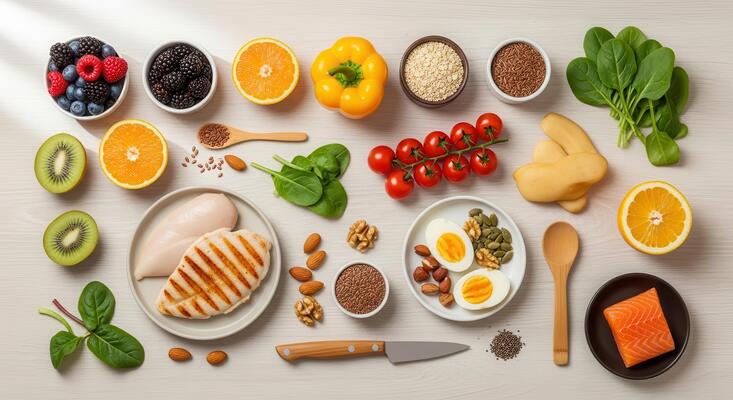
Most people hear “protein” and instantly think of bodybuilding. But protein isn’t only for muscles it’s a building block for everything in your body: hair, skin, enzymes, and hormones.
That’s why every balanced diet should include enough protein and enough doesn’t mean too much. Try mixing animal and plant-based sources:
- Breakfast: boiled egg or Greek yogurt
- Lunch: chicken breast or tuna
- Dinner: lentil soup or hummus with tahini
Protein also helps you stay full longer, which makes it great for any balanced diet for weight loss. When your body gets what it needs, you’ll notice you stop thinking about food all the time and that’s one of the biggest secrets to success.
Read also: The Best Pregnancy Diet Plan for a Healthy Baby and Mom
Carbs Are Not the Enemy

Let’s be honest carbs have been unfairly labeled as the bad guys. In reality, they’re your body’s main energy source. Without them, you’ll feel tired, unfocused, and moody. The key is choosing the right kind of carbs.
Complex carbs: like oats, brown rice, sweet potatoes, and quinoa: break down slowly and give you steady energy.
Simple carbs: like white sugar, sweets, and refined flour: give a quick boost but fade fast, leaving you hungry again.
Find balance:
- Love bread? Choose whole grain.
- Craving sweets? Have a small piece, don’t ban them entirely.
That’s the kind of balance that lets you follow a balanced diet plan without feeling like you’re fighting your food.
Healthy Fats — Yes, Healthy Ones!
Remember when people used to say “fat makes you fat”? That myth has ruined so many diets. The truth is: your body needs healthy fats to function properly.
They support your brain, joints, hormones, and even keep your hair and skin glowing.
Good sources include:
- Olive oil
- Avocado
- Nuts
- Fatty fish like salmon and sardines
When I started adding a spoon of olive oil to my lunch and a handful of nuts between meals, I noticed a huge improvement in my energy and mood. That’s proof that a balanced diet isn’t about deprivation it’s about smart balance.
Salt and Sugar — Treat Them Like Seasoning, Not Ingredients
Salt and sugar aren’t villains, but you need to use them wisely. A little sugar can give you an instant boost, but too much leaves you crashing later. Excess salt causes bloating and fatigue.
Start making small changes:
- Reduce sugar in your coffee
- Avoid processed foods
- Try natural sweeteners or fresh fruit
Within two weeks, your taste buds will adjust, and you’ll start loving the natural flavor of food again.
Cutting down on sugar and salt is key in any balanced diet for health and energy because your body performs best when nutrients are in balance.
Read also: One to One Diet for Fast Weight Loss
Water — The Forgotten Fuel
We often forget the simplest thing: water.
Staying hydrated affects everything digestion, skin, mood, and even appetite. Sometimes you think you’re hungry when you’re just thirsty.
If you don’t like plain water, add a slice of lemon or cucumber to make it refreshing. And remember to sip throughout the day, not all at once.
No balanced diet plan can work without proper hydration. Water is what keeps the whole system running smoothly.2
Timing Is Just as Important as Quantity
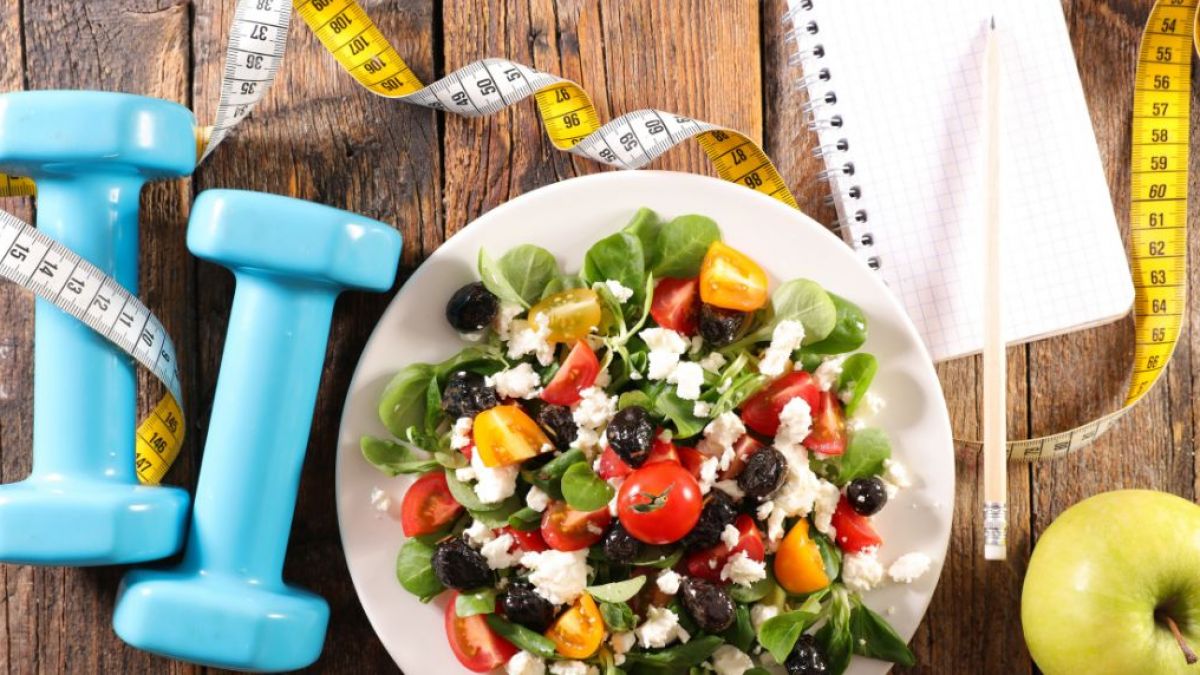
In the diet world, everyone talks about what to eat but rarely about when to eat.
Meal timing is a big part of a balanced diet. Your body loves routine. The more regular your meals, the better your metabolism works.
- Try eating around the same times each day.
- Avoid eating right before bed leave at least two hours for digestion.
- If you’re starving late at night, go for something light like yogurt or a banana.
Timing balance isn’t a luxury it’s one of the keys to any balanced diet for weight management.
Balanced Diet Plans for Weight Loss: Balance Beats Restriction

When I first started trying to lose weight, I thought the answer was to eat less and less. But your body isn’t stupid once it senses deprivation, it starts holding onto fat.
The better way is a balanced diet plan for weight loss one that nourishes your body and helps it burn naturally.
Here’s a simple example:
- Breakfast: oats with skim milk and a sprinkle of cinnamon
- Snack: an apple or a handful of nuts
- Lunch: grilled chicken breast, sautéed veggies, and a spoon of olive oil
- Dinner: light yogurt with a piece of fruit
If you get hungry between meals, drink water or herbal tea. The key is not starving yourself deprivation breaks you down, but a balanced diet builds trust with your body and helps it burn smarter.
And don’t forget sleep! Lack of sleep increases appetite. Even the best balanced diet plan won’t work if you only sleep four hours a night. Once I started treating my diet as a flexible journey not punishment my body responded better, and I lost weight naturally.
Keep It Simple
One thing to remember: a balanced diet isn’t about perfection or weighing every meal to the gram. It’s a flexible journey filled with learning and mistakes and that’s okay.
If you crave chocolate, eat it. It’s not the end of the world. Just go back to a healthy meal afterward.
Food isn’t your enemy it’s your partner in health. Once you make peace with food, balance becomes easier than you think.
Be Flexible

Not every day will be perfect. There’s no fixed balanced diet you can follow forever. Your body changes, and so do your needs.
Some days you’ll eat clean; other days, you’ll order pizza and that’s totally fine.
True balance means finding your middle ground and living with ease.
Start small:
- Eat more fruits and veggies
- Cut down on fried foods and soda
- Drink enough water
- Most importantly, enjoy your meals
A balanced diet isn’t a strict program it’s a mindset. Once you embrace it with both your heart and mind, you’ll gain not just better health, but also more energy, happiness, and peace within yourself.
Final Thought
A balanced diet isn’t a list of restrictions it’s a complete lifestyle. The goal isn’t perfection, it’s consistency. Every balanced meal, every small healthy choice, is a step forward. And with every step, your body will thank you showing you that balance isn’t a luxury… it’s the key to a truly healthy life.
Read also: Simple Heart Healthy Diet Tips
Reference

